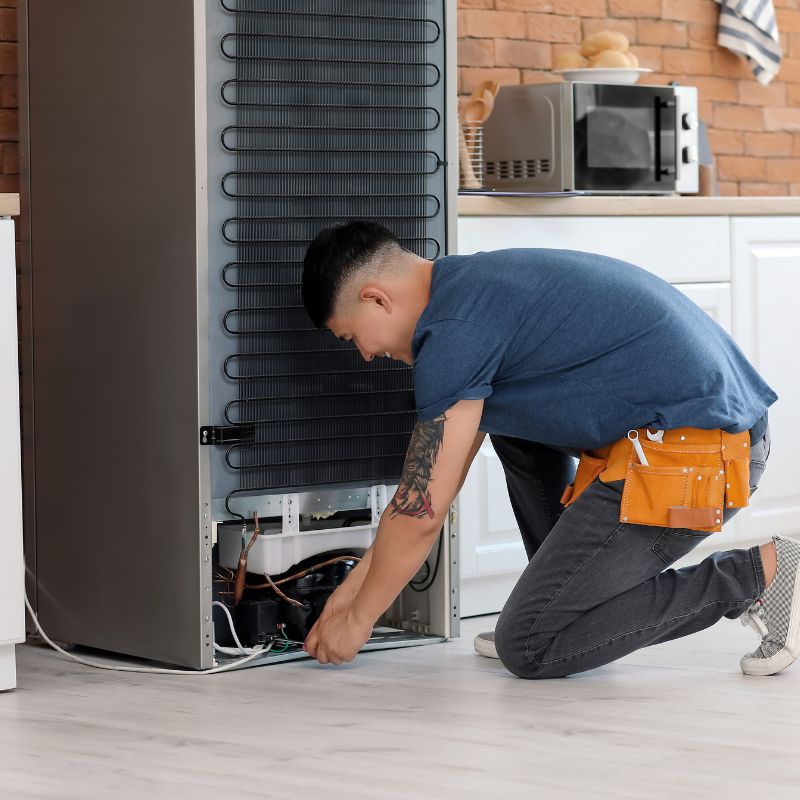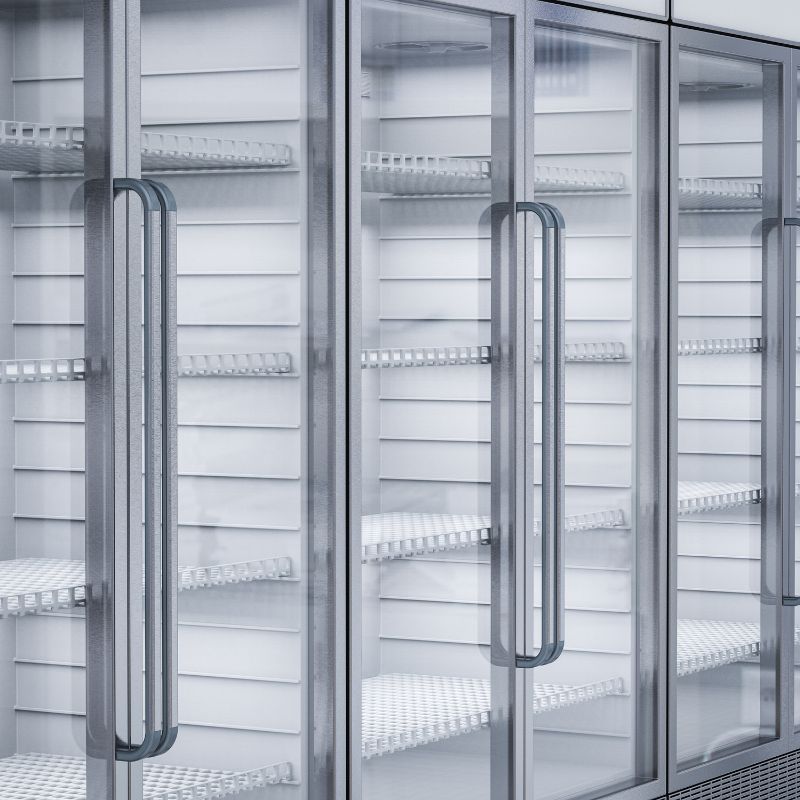How to Clean a Commercial Fridge
Ever wondered how to clean a commercial fridge? Refrigerators are one of the most expensive assets in a restaurant kitchen. While they age over time and will eventually need to be replaced, keeping them clean will ensure all-round hygiene of your restaurant.
- CQC Compliance
- Medical Grade ATP Testing and ULV Fogging
- ISO Quality Care and Professionalism
- Competitive Pricing with Quick & Easy Quotes
- GBAC Star Accreditation For Your Dental Practice








1. Clean the Fridge Surfaces Regularly (interior and exterior)

QDC Qualifications
GBAC Star Biorisk Accreditation
2. Clean the Condenser Coil
Refrigerator condenser coils collect dust and need to be cleaned on a regular basis. Typically, manufacturers suggest that fridge condenser coils need to be cleaned every 3 months. Start the process by disconnecting power to the unit.
Make sure you’ve removed all items from the fridge and place them in a cool area to avoid spoiling. You may need to remove the cover or grate from the unit. It should snap off easily but refer to the manual if need be. Once the protective grate is off, use a stiff bristle brush to remove dust and dirt. Any remaining dust can be cleaned with a vacuum cleaner or air compressor.
There may be a grease build up on the coils which can damage them. In this case, it’s best to use an OEM-recommended degreaser while consulting the user manual for de-greasing instructions. Once clean, reattach the protective grate and restock the fridge. Cleaning your refrigerator coils has several benefits including:
- Colder, more efficient refrigeration
- Longer lifespan of the motor
- Reduction in breakdowns and maintenance calls
- Fewer incidents of food spoilage due to warm temperatures


3. Clean drip pans
Our Kitchen Deep Cleaning Service
Our service quality is built on years of experience and adherence to the highest safety standards. We are accredited by ISO 9001 Quality Management, ISO 14001 Environmental Management, and OHSAS 18001 Occupational Health & Safety Management. Our accreditations also include PASMA, NACSC, CITB, and IOSH.
We have built our reputation working with clients across different sectors and regions including London, the South East, and the wider UK as far north as Aberdeen. Recent clients include Kent Police, General Electric, Stantec, Air Studios, Country Style Living and MWH Global.
- Free Site Visits
- Experienced Cleaning Technicians
- ISO and ISSA Accredited
- Outstanding Service Quality With ISO 9001/14001/45001
- COSHH Compliance
- ULV Fogging Technology
- ISSA, PASMA and IPAF Accredited
- On-site Within 24 Hours
- Free Site Estimates and AdviceList Item













